|
The final topic is here! Gene and I delve into the life lessons from these two films. Find out what takeaways we came up with! Team Frozen - Gene's Argument This topic is an important one. As parents, we take a lot of things into consideration when deciding what to let our children watch. Especially when they watch it over, and over, and over again. To bring out the life lessons from Frozen I want to expand on a couple things I have already mentioned throughout this week.  True love melts a frozen heart The first being something I highlighted in our "love story" topic; true love melts a frozen heart. This is valuable from two perspectives. The first being that of the one with a frozen heart. How often do we feel hesitant to open ourselves up to others? How often do we want to protect our hearts, freeze them over, by not letting anyone get close? Remembering this lesson is helpful to someone actively closing themselves off to others because there is no future and no joy in that practice. Letting people in can hurt at times, but it could also allow for life's greatest blessing to blossom: love. The second perspective within this lesson is that of those looking to help their friends or family they can see are cutting themselves off. "Just get out there", "Join a club about something you enjoy", "Call me sometime so we can hang out", etc. We offer such advice and try to pry ourselves into their lives, all with the best of intentions. You’ll recall that when Anna did this it only drove Elsa further away. The lesson here is that instead of forcing ourselves upon them, however genuine we may be, we need to just be ready to show them true love at the moment they need it. There is reassurance in letting them know we’re there for them, but hearts aren’t melted with words, they’re melted with actions. Anna displayed true, sacrificial love and melted her sister’s frozen heart. Love casts out fear I love it when two opposite things are contrasted throughout a film. In Frozen, love and fear are pitted against each other over and over again. It is through the fear of her powers that Elsa is driven to seclusion, not wanting to hurt anyone like she had hurt her sister. "Conceal it, don't feel it, don't let it show". If we were on my blog, Let There Be Movies, I would go into detail about how the love of God shown through the giving of Jesus is our example of perfect love, and how that should cast out any fear of judgment within us. But for now I will let this scripture suffice… “There is no fear in love; but perfect love casts out fear, because fear involves punishment, and the one who fears is not perfected in love.” 1 John 4:18 If we’re holding fear in our hearts, we’re pushing out love. Fear can drive us to conclusions we wouldn’t reach if we were thinking clearing, with a loving heart. Things like running away, rebellion, and conjuring up enormous snow monsters! Fear works in us to twist our thinking. Love casts out fear and makes room wisdom, acceptance, and a host of other positive traits that help us in considering others first in the right way, rather than bringing pain to them as a result of our actions. 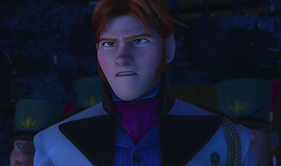 People aren’t always as they seem Very, very, very far down the line in importance from the first two is this life lesson. As I pointed out in the villains post, Hans is a villain like we’ve never seen in Disney princess lore. He has the people of Arrendelle convinced he has their best interests at heart, and he has the primary audience (children) rooting for him for over half the movie. Hans is a lesson that people are not always what they seem. Sometimes they have their own selfish ambitions in mind no matter how nice they’re acting. Anna falling for him so easily actually reinforces this point, and is a terrific lesson for all the young girls watching. Don’t fall for the first guy to flatter you. Learn their heart before giving them yours. Team Tangled - Aaron's Rebuttal I understand it may seem silly for two grown men to argue over which princess movie is better. But it saddens me to see Frozen receive more hype/acclaim than Tangled for no other reason than Disney copied an unwritten Nintendo gaming rule of the 80’s – They gave us an ice level. Sure it’s neat to see a new background and it makes everything shiny and bright. But you know what? Those levels sucked harder than Sven with Olaf’s carrot nose in his mouth. True Love Melts I agree with Gene’s point we shouldn’t force ourselves upon such pouty folk, but where he suggests patiently waiting till they’re ready, I’d be moving on from such a drama mama. Also, Gene perpetuates this “true love” fantasy. Yes, Anna loves her sister and self-sacrifices, but we all know true love is reciprocal and Elsa’s not showing it back. Gene: Hans is a villain like we’ve never seen in Disney princess lore. True dat. He fails at everything, as I mentioned on Tuesday. I could argue Pascal the chameleon is more of a villain. He at least kills someone. Love Casts Out Fear First, fear isn’t the opposite of love, Gene. Hate is. Second, Gene’s accused me of mischaracterization the past couple days, but I got news for him - film don’t lie. The only thing I’m reminded of (and shown) in Frozen is sex sells. Don’t believe me? Watch this Ice Queen booty shake in her slitted, thigh high dress at the end of ‘Let It Go’. But I wrote about that a year ago… I also wondered where I had seen such a drastic character transformation like that before… Oh…from Saved By The Bell to Showgirls. Well, I certainly applaud Disney’s decision to reveal what happens when an uptight girl with daddy issues dons her heavy eye shadow, lets down her hair, and leaves the reservation. Thank you, Frozen. Lesson learned. Team Tangled - Aaron's Argument Good storytelling is an art form. In the best examples, we identify with the characters, feel their struggle, and, in the end, learn something. As both a father and an author of young adult fiction, one of the biggest themes I hope to impress upon my daughter and my readers is discussion. A means to better understand our own viewpoints and those of others. I especially look for these sorts of discussion points and lessons in children’s tales because I believe them steppingstones to foster more interest later in life. It’s one of the main reasons I agreed to this debate. With that said, let’s examine the lessons these two films give us. -Feminism- 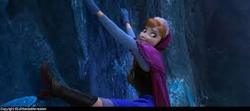 Anna exudes the classic (and tired) damsel-in-distress stereotype. Her dream is to meet the one. She needs Kristoff’s help up the mountain, and then again escaping Elsa’s snow monster. And she believes Hans must provide an act of true love to save her. 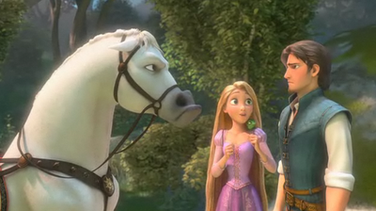 Meanwhile, Rapunzel saves Flynn: -from drowning in the cave, -from the ruffians/thugs, -and from Maximus. Yes, they end up together in the end, but they meet as equals rather than Rapunzel throwing herself at him like Anna does with Hans. Conflict Both films reveal our heroines fleeing their past, but handle the subject in different ways. Elsa exemplifies a Me-centric focus. She flees to the mountains, abandoning her people (and sister) because it’s what she needs. Even when told her actions harm others, Elsa stays holed up in her castle. Her singular mindset is even evident in her “power” song with lines like: No right, no wrong, no rules for me, I'm free! & Let the storm rage on, the cold never bothered me anyway! That’s great for Elsa. Not so much for her people. You know, the folks who never harmed her… Gene will argue Rapunzel proves this mindset too when she leaves her tower. Yet where Elsa shows complete disregard for others, Rapunzel reveals an inner struggle that we’ve all experienced - wrestling with our own wants vs. disappointing others. I love that scene because it’s real. We identify with Rapunzel, and recognize growing up requires us to make decisions and accept the consequences. Rapunzel does both throughout her story, maturing into a confident young woman, while Elsa remains an emotional, needy mess and shows a continual pattern of neglect for her actions. The above scene also made me think if Gothel and Elsa’s father were truly good parents, neither heroine would have had such conflict. Which leads me to… Overcoming Circumstance Both films feature heroines whose parents impede them - Gothel instills fear of the outside world in Rapunzel, while Elsa fears her powers because her father wouldn’t take the time to help her work with/understand them. (He’s also too lazy a king to bring in a love troll to teach her.) 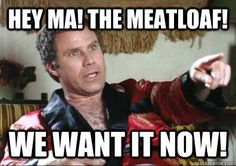 I’ve heard some Frozen fans argue Rapunzel teaches children to disobey their parents because she leaves the tower to chase her dream. Clearly, such arguers hope their own children never leave the nest and end up like this guy >>>>> A truer statement is Rapunzel teaches us to both follow our dreams and, again, ask questions to gain understanding. In fact, one might say more children could benefit from making such inquiries. Say for example, “Daddy, why should I: These two films are perfect examples that parents are human too and they don’t always get it right. But where Tangled teaches us to seek truth and understanding, Frozen preaches children should blindly follow parent’s advice. You know, so it can wreck them all their lives. ;) Team Frozen - Gene's Rebuttal I’ll start by saying that this aspect of dissecting a film is my absolute favorite. It’s what we do at Let There Be Movies. I’ve been heavy on the ridicule and sarcasm in my previous articles and rebuttals, but I hope you all understand it’s all in good fun. Trust me, Aaron and I have had hours of laughs while we poke fun at each other. But since this is so important to me I’ll steer clear of that tactic and look only at the value and logical consistency of Aaron’s points on the life lessons in Tangled. 1) Aaron classifies Anna as a “damsel-in-distress”. Not entirely true. She’s overwhelmed with the joy of freedom when she meets Hans, and she commands Kristoff to take her to the north mountain. That hardly sounds like someone in distress. But, if it’s true of Anna, it’s also true of Rapunzel. She needs Flynn’s help to get to the lanterns. 2) Aaron is completely right that Elsa is self-centered and disregards others for practically the entire movie. The thing is, the film clearly shows this as a negative trait. If it didn’t, the ending would make no sense. This isn’t actually a knock against the film. Rather than affirming good traits through positive examples, Frozen affirms bad traits through negative examples. It’s nothing more than a different way to teach a lesson. Elsa didn’t remain an “emotional, needy mess”. She realized her error and was redeemed through her sister’s sacrifice. 3) Regarding overcoming obstacles, all Aaron really provides here is a funny meme. I submit my same argument as provided above. Life lessons don’t have to be given with positive examples of good traits. They can be clearly taught through negative examples of bad traits. That’s what we have again with Elsa’s father’s advice when she was young. The movie affirms the good in the end, shining the light on previously selfish choices leading to others being harmed. Tomorrow: Closing Arguments
0 Comments
Leave a Reply. |
AARON GALVIN
Author. Actor. Rascal. Archives
December 2020
SELF PUBLISHING
|
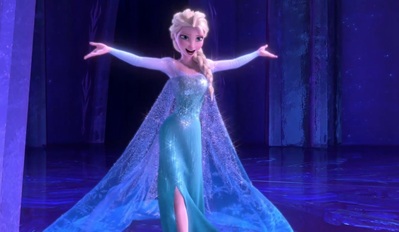

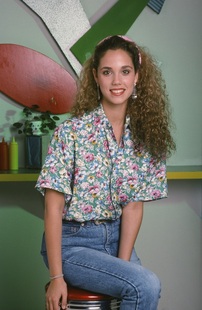
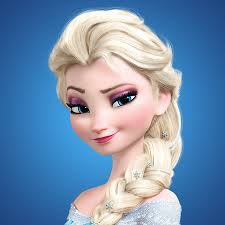

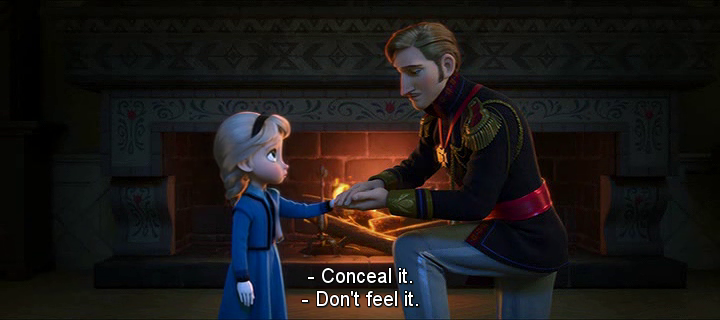
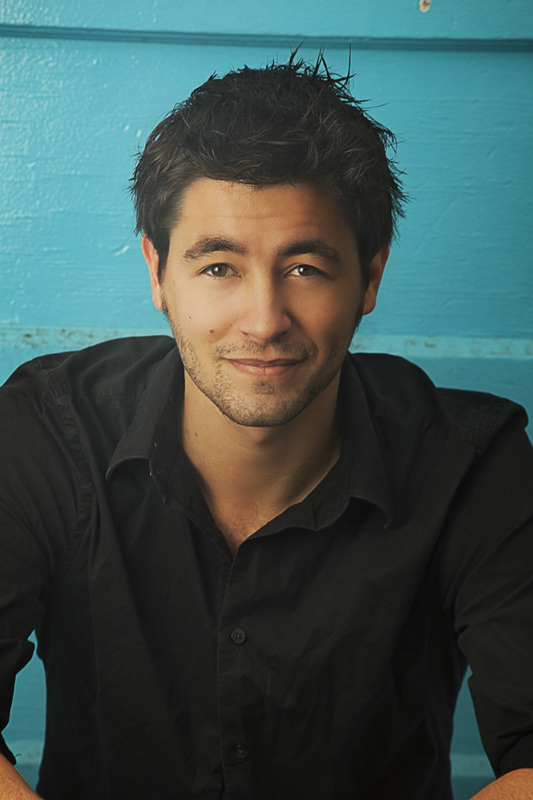





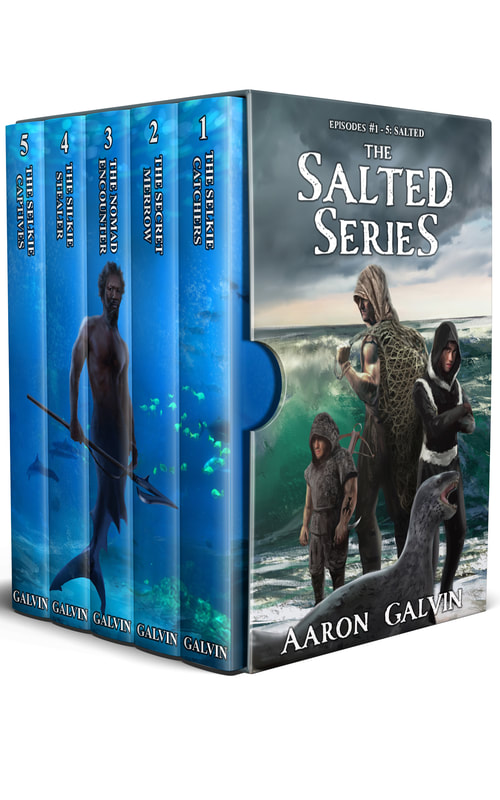
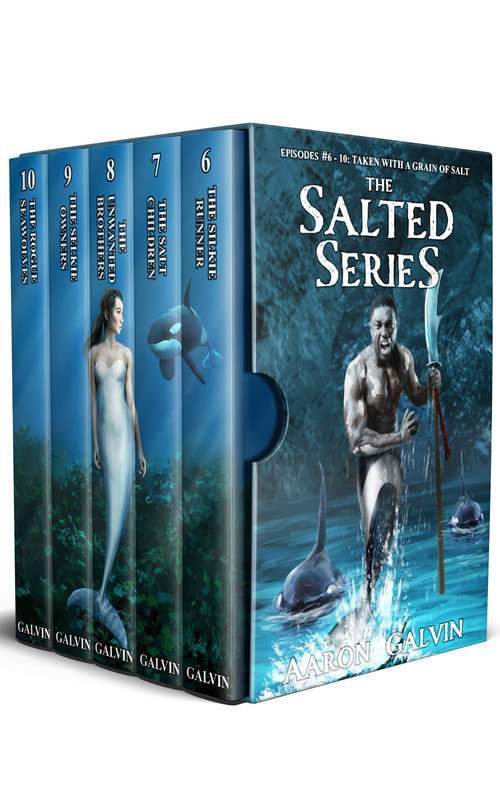
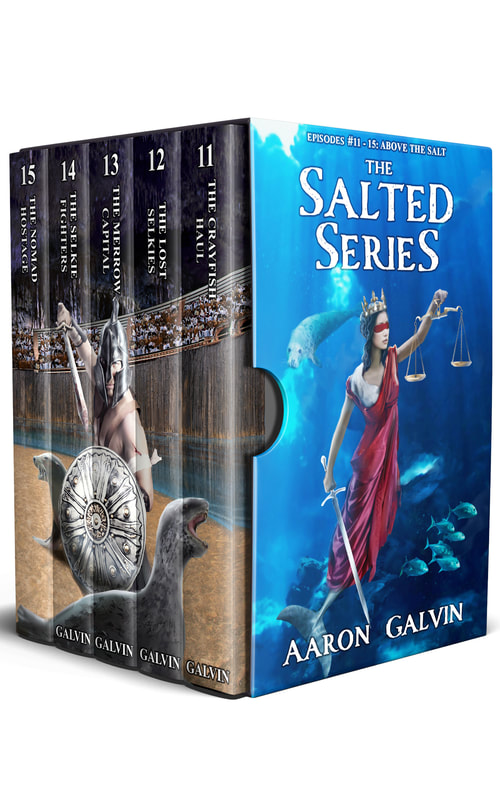

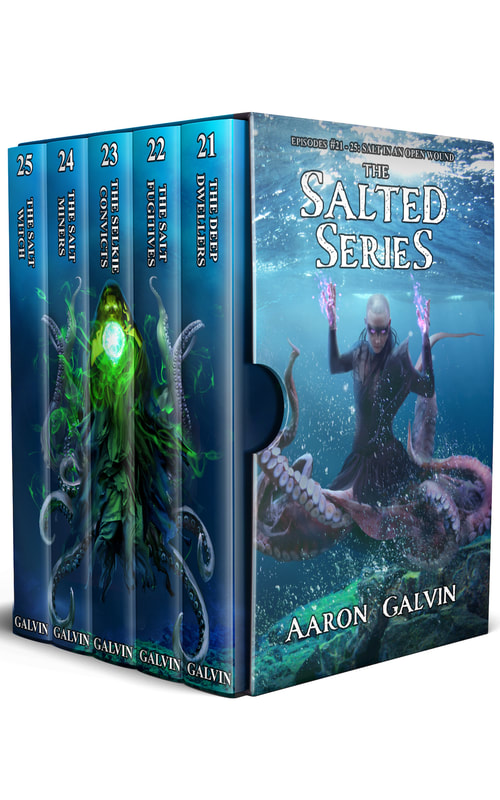
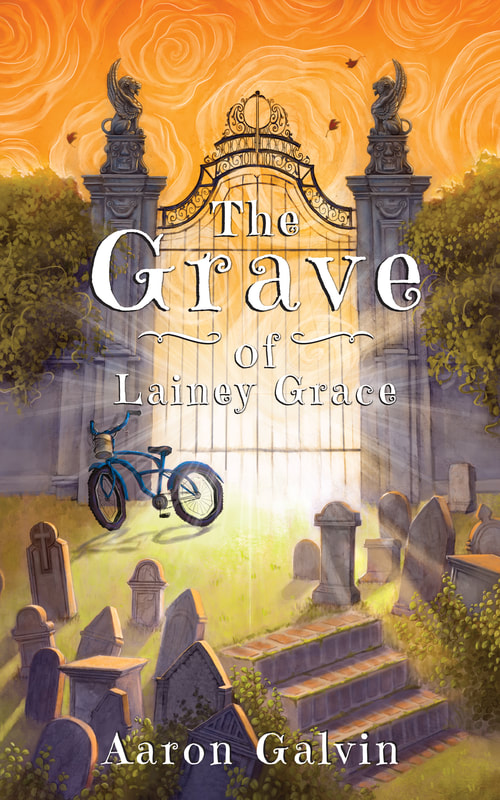
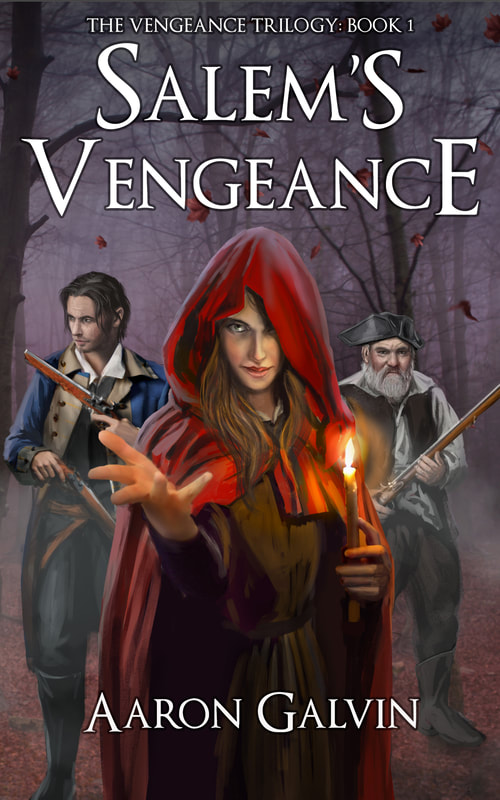
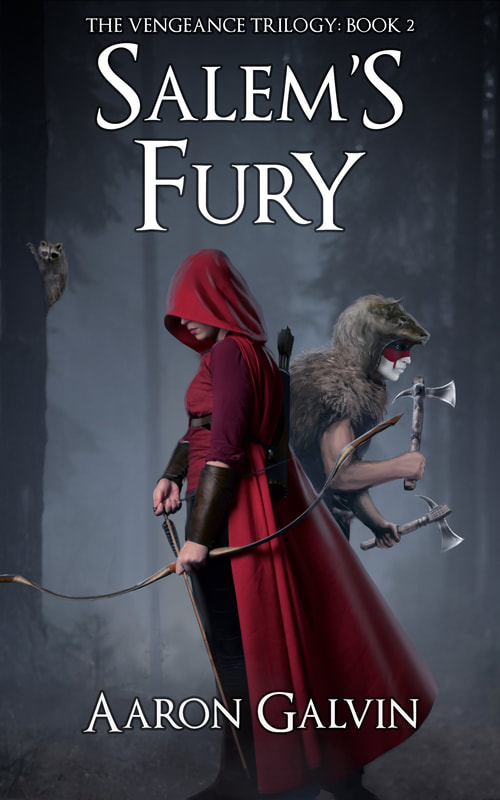
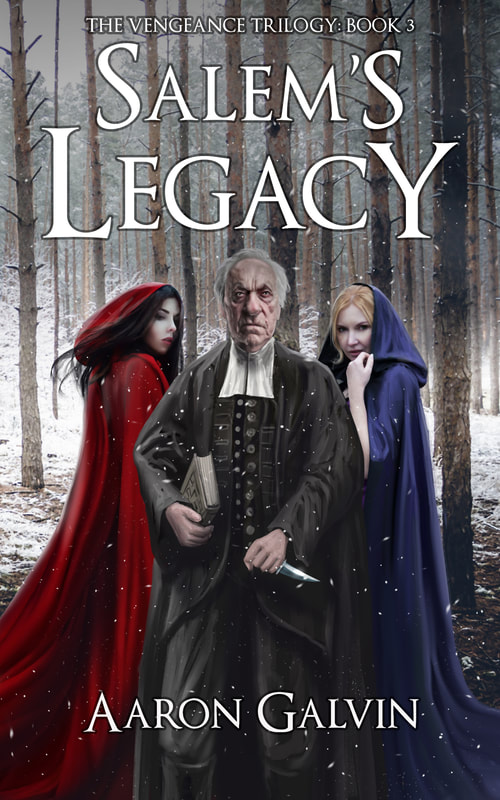
 RSS Feed
RSS Feed